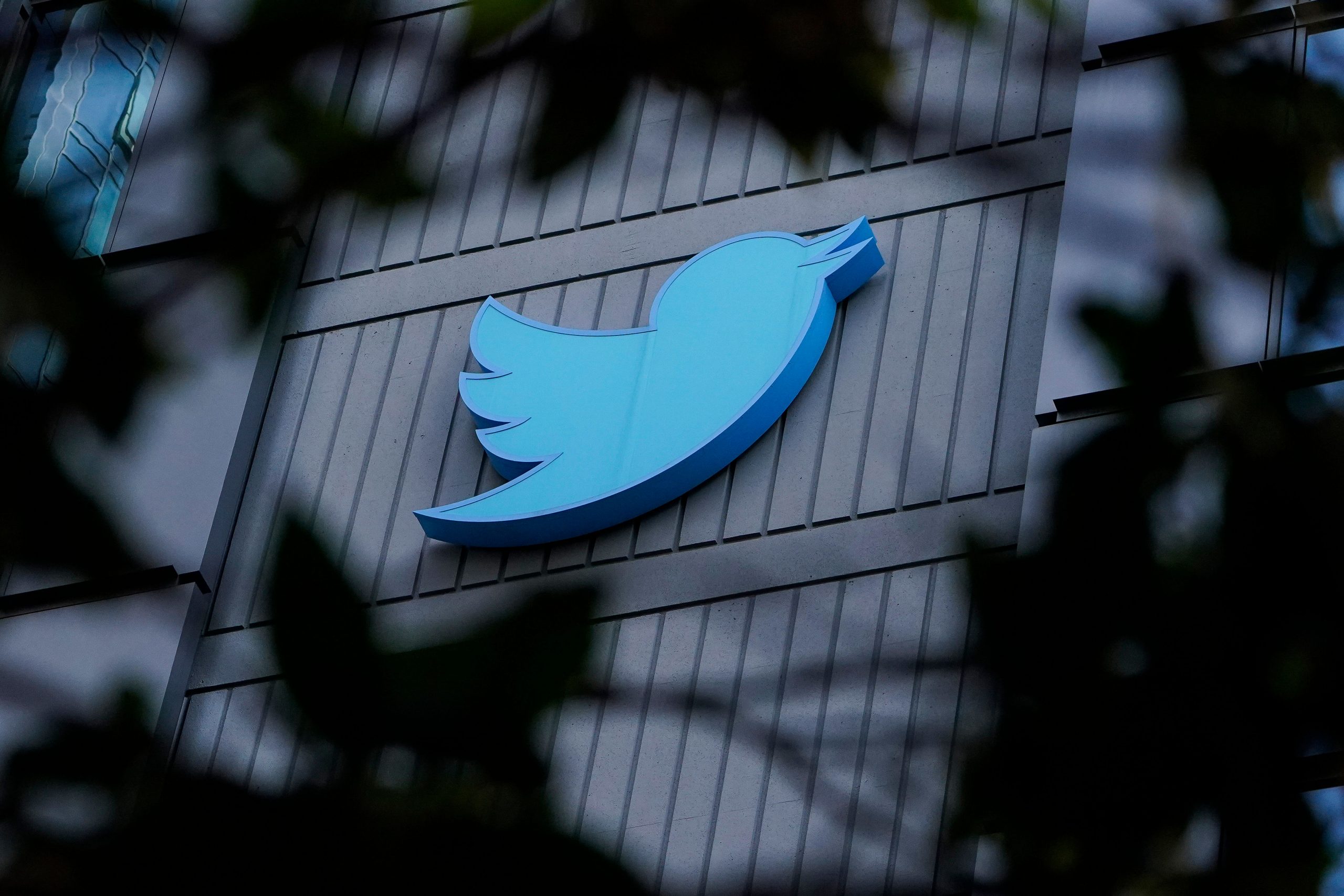Twitter famously blocked its users from sharing the New York Post’s reporting of Hunter Biden’s laptop in tweets and in direct messages, which could have contributed to a political storm shortly before the 2020 presidential election. The Post’s story was based on emails purportedly obtained from a laptop that Hunter had left in a Delaware repair shop in 2019 and never went back to retrieve.
Details regarding the behind-the-scenes of how the social media company made the decision, that has presently come to light, show that the company determined at the time that the disclosure of the story would violate the company’s ‘hacked materials’ policy.
Twitter’s then-CEO Jack Dorsey later admitted his company’s actions were a mistake.
Also Read | Twitter moving fast on moderation, as harmful content increases: Report
It has also come to light that Dorsey was not aware of the decision to suppress the said content on his own platform — a decision that eventually drew harsh criticism from the masses and also led people to claim that it was a deliberate attempt by Big Tech and the media to sway the election in favor of Hunter’s father.
As it turns out, Vijaya Gadde, the former head of the company’s Trust & Safety and one of the first executives fired by Elon Musk upon taking control of Twitter – had made the call.
Also Read | Who is Matt Taibbi?
What is Twitter’s hacked materials policy?
According to Twitter’s Help Center, the company does “not condone attempts to compromise or infiltrate computer systems. As such, we don’t permit the use of our services to directly distribute content obtained through hacking by the people or groups associated with a hack. In addition, we may label Tweets containing or linking to hacked materials to help people understand the authenticity or source of these materials and provide additional context.”
As for the definition of a hack, Twitter views it as “an intrusion or access of a computer, network, or electronic device that was unauthorized or exceeded authorized access.”
Also Read | Elon Musk shares ‘what really happened with the Hunter Biden story suppression’ on Twitter
Under this policy, unauthorized access or interception, or access that exceeds an authorization to a computer, network, or electronic device, including breaches or intrusions, are prohibited on the platform. It also bans the disclosure of materials accessed legitimately outside of approved systems or networks or materials where there is evidence that they were obtained through malware or social engineering.
After facing backlash regarding the Hunter Biden incident, Twitter revamped its policy on hacking in October 2020, saying that it will no longer remove posts with hacked materials unless it’s being shared by the hackers or others working with them. It also added that it will be taking steps to label the tweets to provide context instead of preventing them from being shared on the platform.
The changes are intended “to address the concerns that there could be many unintended consequences to journalists, whistleblowers and others in ways that are contrary to Twitter’s purpose of serving the public conversation,” Gadde said at the time.







